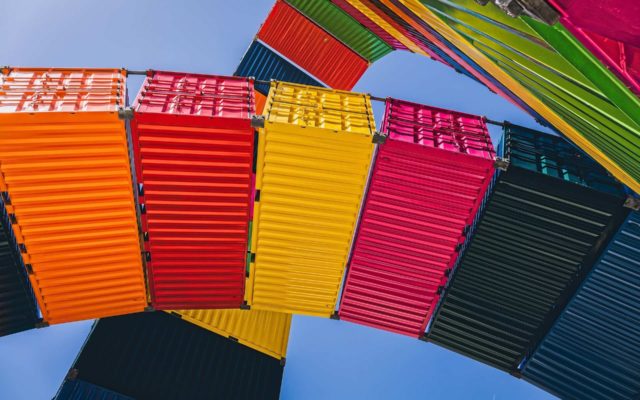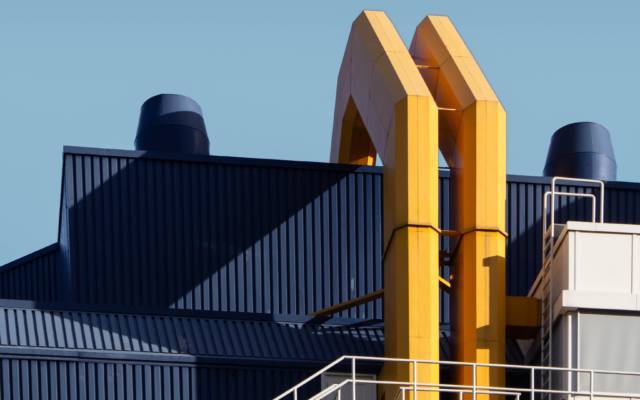Transportation Decarbonization
The environmental impact of freight transport is now well known. Depending on the activity of each company, the origin of the raw materials/products and the modes of transport used, the carbon impact of transport will be more or less significant.
Our consultants have a background in transport operations, are trained in calculating transport carbon emissions and know the levers and alternatives for proposing transport decarbonization solutions tailored to the constraints and needs of each company.
During our transport decarbonization missions, after an initial phase of studying flows and calculating transport emissions, we study various levers adapted to our customers’ activities and constraints. We then recommend several levels of decarbonization, depending on the company’s challenges, costs and the accessibility of the levers to be deployed.
Among the levers studied, we can cite the following:
- Transport modes: Identify flows accessible to alternative transport modes (rail, river, multimodal, etc.).
- Better truck filling : Densify flows / Review frequency / Group flows / Pooling
- Motorization: Identify flows adapted to new existing motorizations (electric, biogas, B100, etc.).
- Buying “green”: Identifying and developing the most committed carriers in terms of greenhouse gas emissions
- Reduce distances travelled: Review the logistics master plan to optimise the number of kilometres travelled and therefore costs and
- Review urgencies: Analyze requested service vs. actual service provided to customers
- Avoid air travel for “medium-haul” express services: Identify alternative services (e.g. Express by road with early departure vs. Express by air)
- …
We operate in various sectors
Large groups, institutions, SMEs ; we have the resources to support companies of all sizes and in all circumstances (from long-term vision to crisis support)
Supply chain is becoming an integral part of industrial sites. Managing site supplies means working more closely with suppliers, and integrating factory workflows into the supply chain.
Our work focuses on issues relating to the organization and management of physical flows, as well as on forward-looking studies linked to territories. Our areas of expertise include urban logistics, modal shift and carbon footprint.



